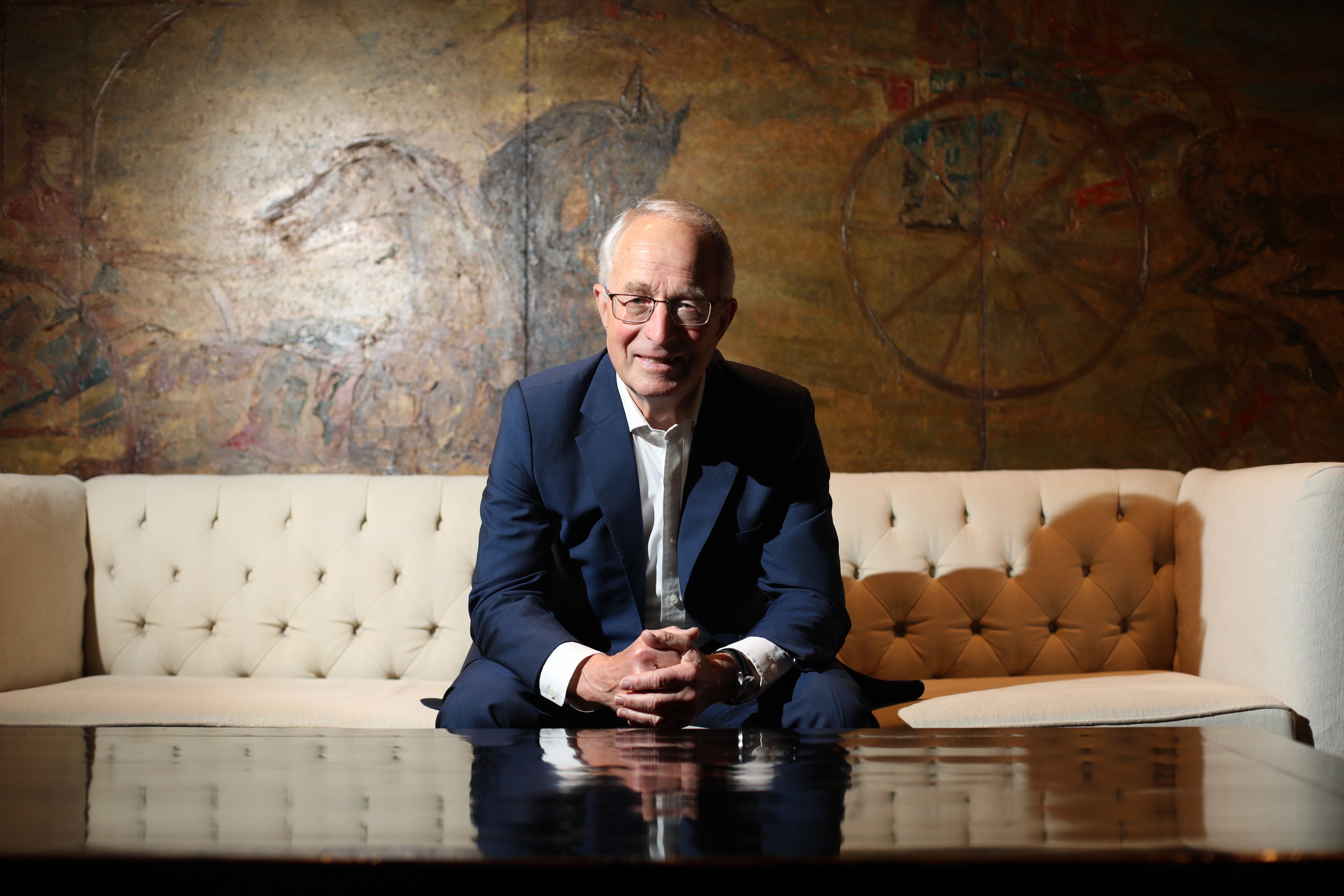
- General David Richards reflects on his rise through the British military ranks, serving in global trouble spots, and why Colin Firth wanted to play him on film
I was raised in that end-of-empire era. My generation grew up on stories of World War II. My father was in the army and my parents moved to Ceylon (Sri Lanka), where my elder sister was born, then back to the UK and then to Egypt, where I was born, in 1952.
I was 18 months old when we moved to the UK and almost six when we moved to Cyprus. The EOKA (National Organisation of Cypriot Fighters) troubles – effectively a Greek-Cypriot freedom fight against the British – meant we had armed soldiers on the school bus to protect us.
Army officers in that period, and even now, weren’t paid very well. It was a community-focused life based on the army. My brother and cousin were also in the army. I’m what’s known colloquially as an “army brat”.
Upping sticks

We left Cyprus in 1959 and I went to a prep school in London and then in Eastbourne. We got through the trials and tribulations of moving and the sometimes inadequate housing the army gave us because we were a close-knit family.
When I was 11, we moved to Sussex, where my parents came from, and we lived in a little village near Herstmonceux.
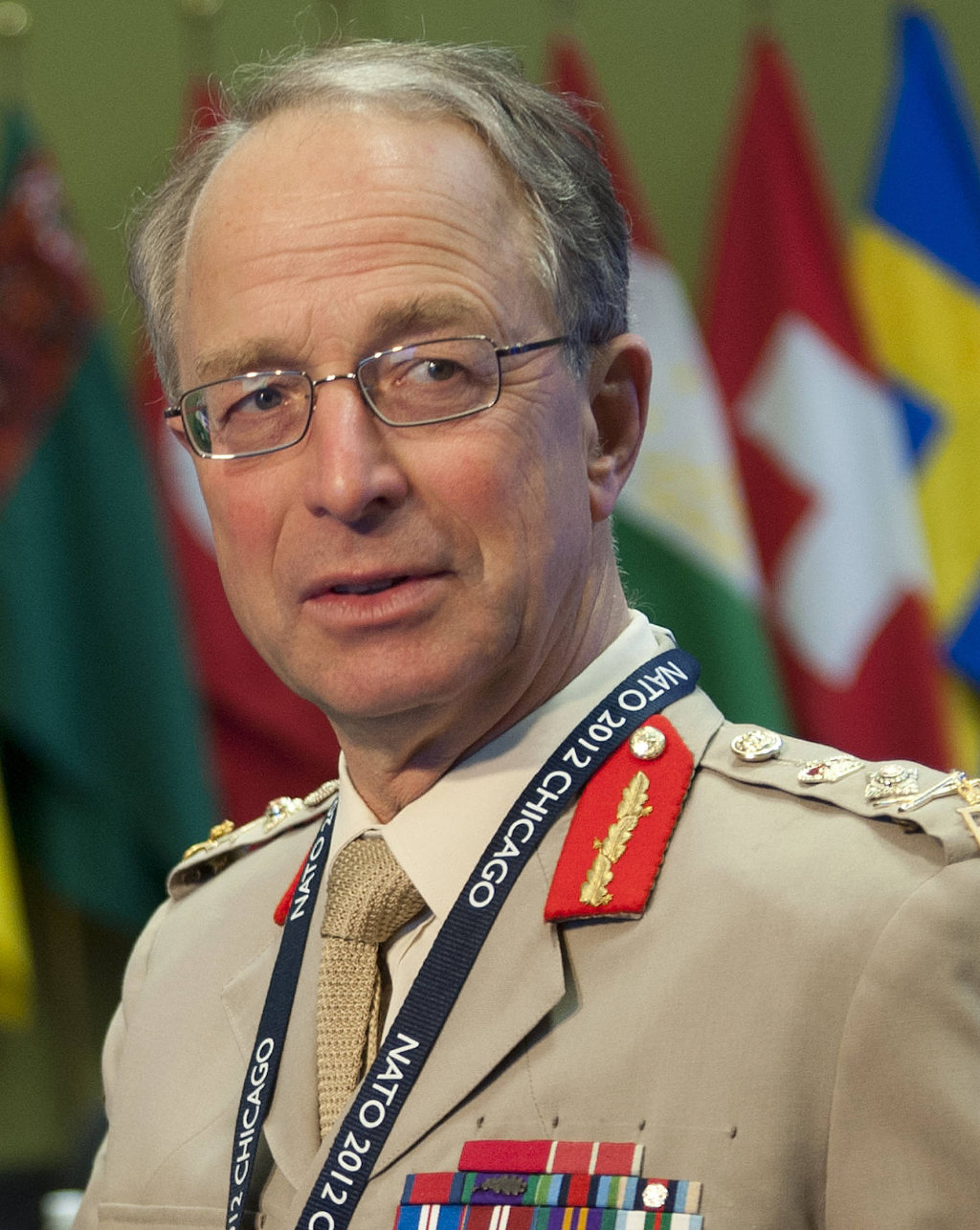
Many years later, when I was made a lord, the person tasked with coming up with my title asked where I’d grown up. I told him about Herstmonceux and he said, “That’ll do.”
Learning to lead
I did better than anticipated at Eastbourne College, where I went when I was 13. I wasn’t particularly academic; it was only later that I discovered I had a bit of a brain. I was most interested in playing rugby and cricket and had a little gang of friends.
We must have been disruptive because the housemaster told me that if I didn’t put my leadership skills to better use, he’d ask me to leave.
I was given room to be a team leader, then I became a prefect, then a school prefect and then the head boy. I was also the captain of the (rugby) first 15 and the senior cadet in the army cadet force.
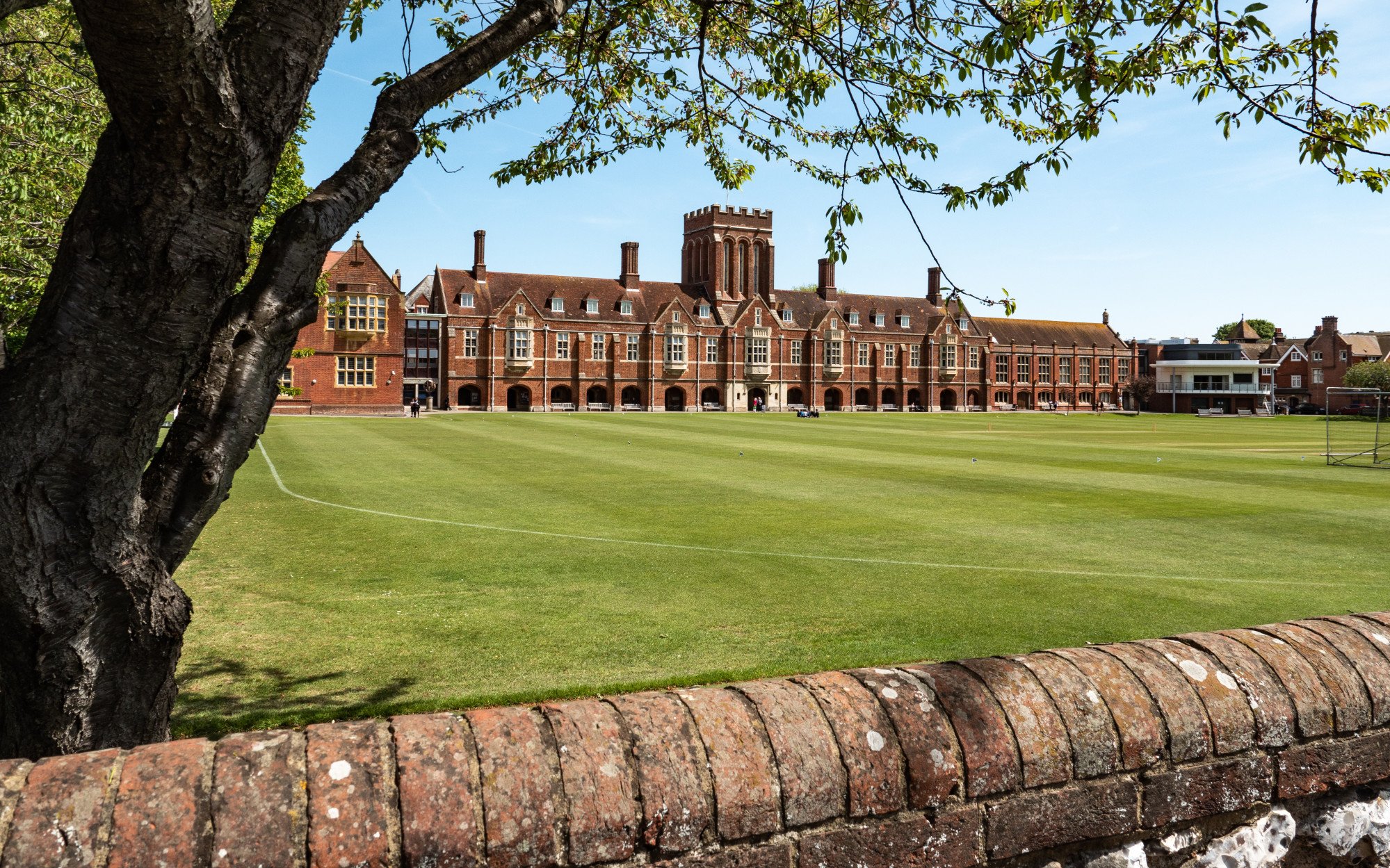
First command
I left school in December 1970 and by the February was in the army at officer cadet school. I went on the Royal Marine Commando course, got my green beret, and by May was deployed to Singapore.
I’d just turned 19 and was given 35 soldiers to command. They forgave me all my mistakes and in return I hope I was loyal to them.
The army paid for me to go to Cardiff University. In my final year, I met Caroline, who was in her first year and doing an art degree. We were both keen horsemen and met through that and mutual friends.
She wouldn’t have anything to do with me in the beginning, but I persevered.
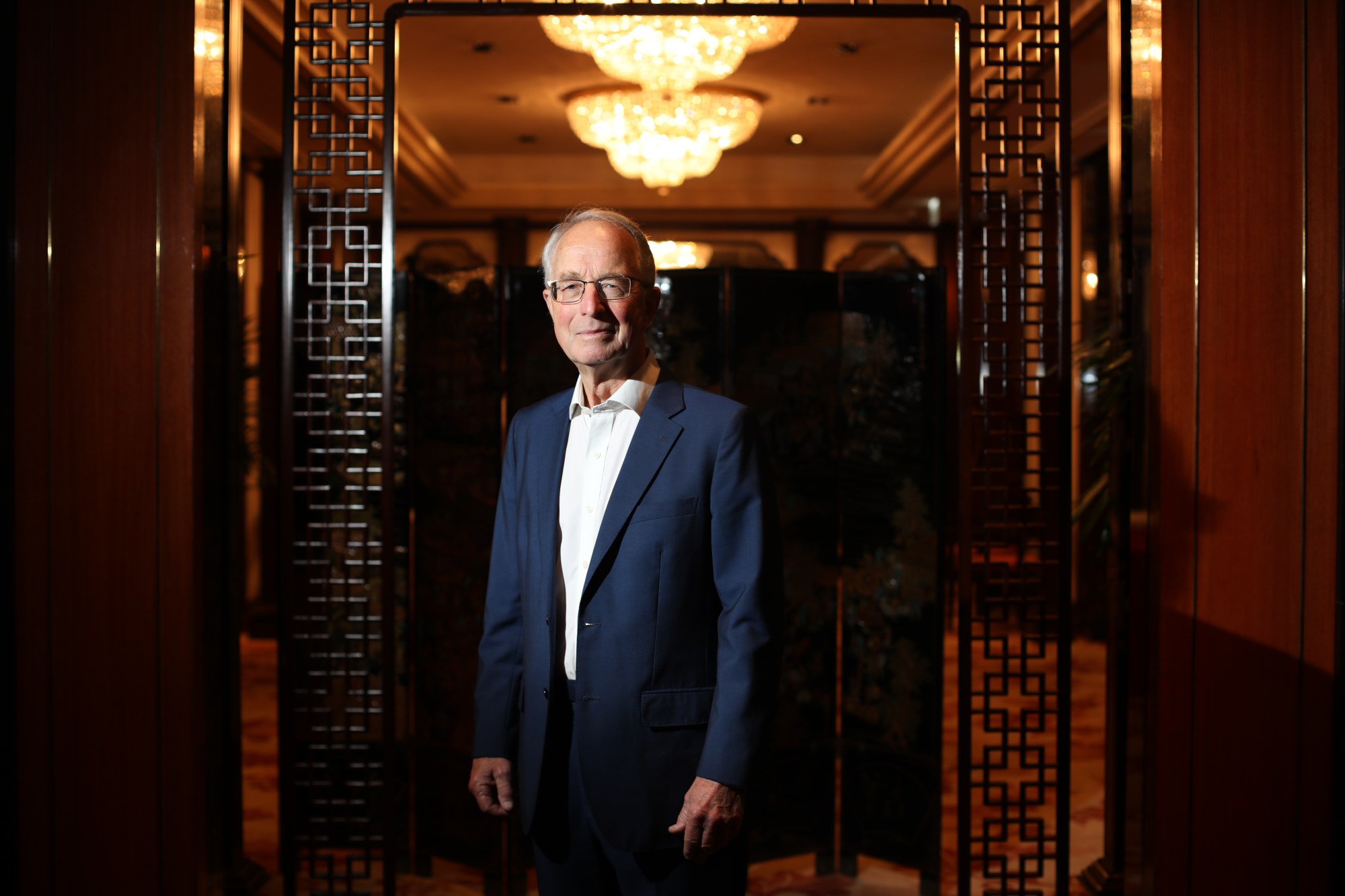
Making a choice
I graduated in 1974 with a degree in international relations. My contract with the army meant I had to stay for at least five years. I went briefly back to Singapore and then found myself on the streets of Belfast. I stayed with the Commando Regiment for another three years and then went to Germany.
When my five years were up, I toyed with the idea of becoming a diplomat or a war correspondent when I was posted to Northern Ireland again. The privilege of commanding soldiers on operations was stimulating and rewarding and I decided that the army was where I was happiest.
Tying the knot
Caroline and I had kept in touch. When I was posted to Germany, in 1978, I proposed. It was asking a lot of her because there were no jobs for officers’ wives there. We got married and she was regularly by herself because I went off on long exercises.
Colin Firth was interested in playing me, and then in 2014 it was Benedict Cumberbatch and in 2017 Tom HardyDavid Richards
Life was demanding, but also enjoyable. We went skiing in the winter and sailing in the summer. It was a work hard, play hard environment.
In the spotlight
I was selected to go to the Staff College at Camberley (in Surrey, southwest of London). Our first daughter was born in Camberley in 1984. Then we were posted back to Germany, where our second daughter was born, in 1986.
Much of my career was spent in Germany. We were right in the spotlight of the Cold War, 150 kilometres (90 miles) east of the inner German border.
Among other things, I was responsible for (former senior Nazi) Rudolf Hess’ security when he came out of prison and was even a bodyguard for the actress Joan Collins when she came for the Berlin Film Festival.
The Disney logo that symbolised China’s fight against Japan during WWII
Climbing the ladder
In 1989, I was promoted to lieutenant colonel and went to be an instructor at the Staff College. We had a happy three years there as a family, on the grounds of Sandhurst.
From there, I was selected to command the 3rd Regiment Royal Horse Artillery. Initially, there were about 750 in the regiment and I had to make sure they were good at artillery manoeuvre.
At short notice, we were told to go to Northern Ireland. I had to turn my artillery into an infantry regiment in a space of six weeks. It was a huge challenge, but we did it.
In 1994, I was promoted to colonel to do a job at the Ministry of Defence. Then Commander of the 4th Armoured Brigade, in Osnabrück, Germany.

We were an important part of the community – British army units were all over their town and I was the boss. I had a diplomatic as well as a military role.
By then our girls were at boarding school, which was a bit of a wrench, but that was part of life.
Running rebels out
I left Germany to take up a new appointment in London as Commander of Joint Force Operations. I had to pioneer a new approach to post-Cold War soldiering. It was very joint – army, navy, air force – and I was the commander of a 55-strong team from all three services.
Within a year, I found myself in Sierra Leone, helping to push the RUF (Revolutionary United Front) rebels back out of Freetown. We followed up behind the RUF as they withdrew.
I don’t like fighting wars that I don’t think can be won. If you decide to fight, you’ve got to make sure that you do it properlyDavid Richards
I went into the hospital and children came up to me. They tried to hold my hand and I realised their hands had been chopped off. The RUF’s signature atrocity was to amputate people’s hands with machetes to intimidate them.
It also meant they couldn’t vote because they couldn’t put their thumbprint on ballots.
Showing initiative
Life was lived very much in the fast lane. We were living in a modest house in Northwood, London, and my military pack was permanently in the hall because I was on 24-hour’s notice to move anywhere in the world.
In 2000, the situation in Sierra Leone deteriorated and I was ordered back. The RUF were threatening to enter Freetown and take the airfield. We pushed the rebels back.
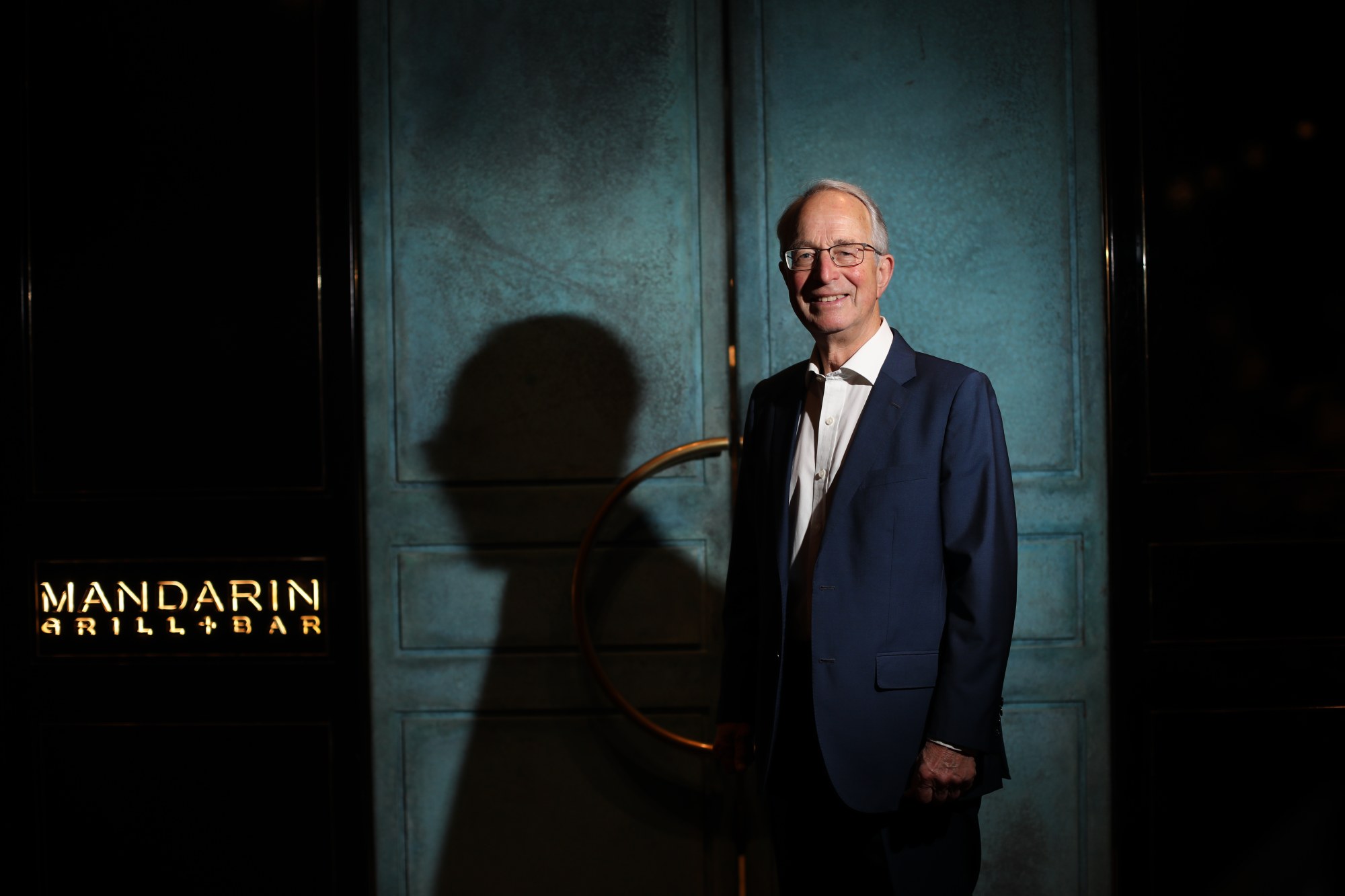
It was a rewarding operation, against the odds. We got the United Nations to do what they should have done in the first place – protect Freetown itself instead of us doing it. I didn’t have any orders to do that.
To some degree I deceived people as to my real aims by disguising what I was doing so that it looked as though it was the same as was required for an evacuation. I got away with it, the RUF were defeated and the democratically elected president (Ahmad Tejan) Kabbah could stay in power.
On a role
I got the Distinguished Service Award for Sierra Leone and was promoted to Major General. The jobs kept coming and quickly.
She was weak, alone, pregnant. And suddenly a prisoner of war no more
I became chief of staff of a British-side Nato headquarters, the Allied Rapid Reaction Corps, and then the assistant chief of the general staff in 2002, and in 2005 the Commander of the Allied Rapid Reaction Corps.
Playing politics
In 2006, I went to Afghanistan. It was challenging because I had to argue up my chain of command that the Nato operation was inadequately resourced.
I had 30 nations and tens of thousands of troops under me and they all did well in their own way.
The problem was at the political level – politicians wanted us to achieve miracles without giving us the resources to do it. The outcome was what we saw in 2021, when we evacuated so ignominiously from Kabul.

Reaching the top
In 2008, I was made commander-in-chief, land forces and 18 months later appointed head of the British army, the chief of the general staff, which required a move from where we were living in Wiltshire to London.
Within 18 months I was chosen to be the chief of the defence staff, which is head of all three services.
I walked into the office and, when no one was around, thought to myself, “Bloody hell, I’m head of the armed forces.” From Second Lieutenant Richards with white knees in Singapore in 1971 I had no idea I’d ever end up in that situation.
The military weren’t my problem, it was my political leaders that I began to come up against and occasionally disagree with.
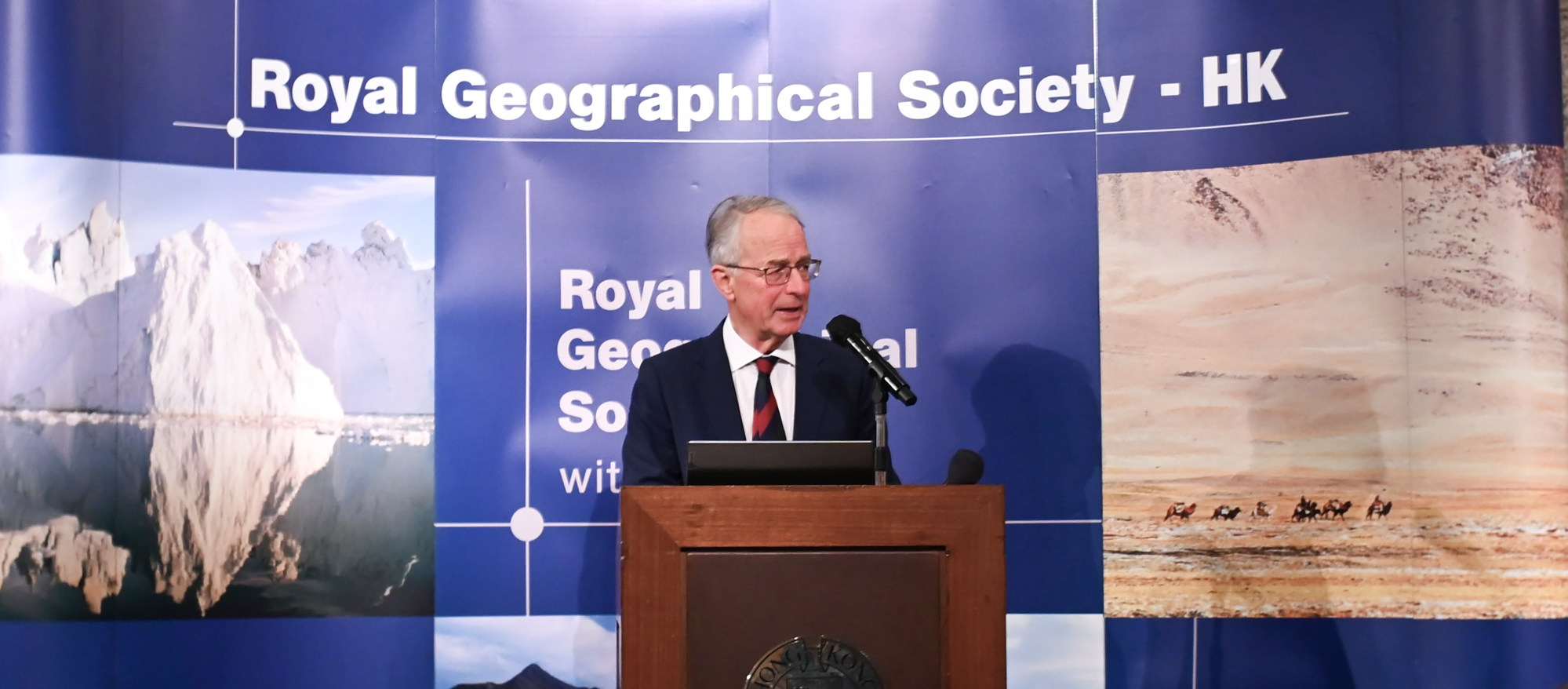
Making a difference
I retired from the military in 2013. Caroline and I had spent the past four years living in Kensington Palace, which was a great privilege – we got to know some of the royal family and walked the dogs together sometimes – but I hadn’t saved any money.
I formed a company called Equilibrium and put together eminent people to advise other countries. I left the company in 2022.
Life is busy. The family are my priority – we’ve got five grandchildren and a sixth arriving in May. I go to the House of Lords when I can to speak on defence issues and I am co-authoring a book on grand strategy with Professor Julian Lindley-French.
Discussions about that film are ongoing. If it comes off, it will demonstrate that military force can make a real difference. In this era, when there are military operations going on across the world, none of it looking very good, it could be useful to remind people that it can make a difference.

I’m the biggest peacenik; I don’t like fighting wars that I don’t think can be won. If you decide to fight, you’ve got to make sure that you do it properly, decisively and quickly, and I don’t see much of that going on in the world.
General the Lord David Richards of Herstmonceux was in Hong Kong to speak at the Royal Geographical Society annual dinner on March 9.

